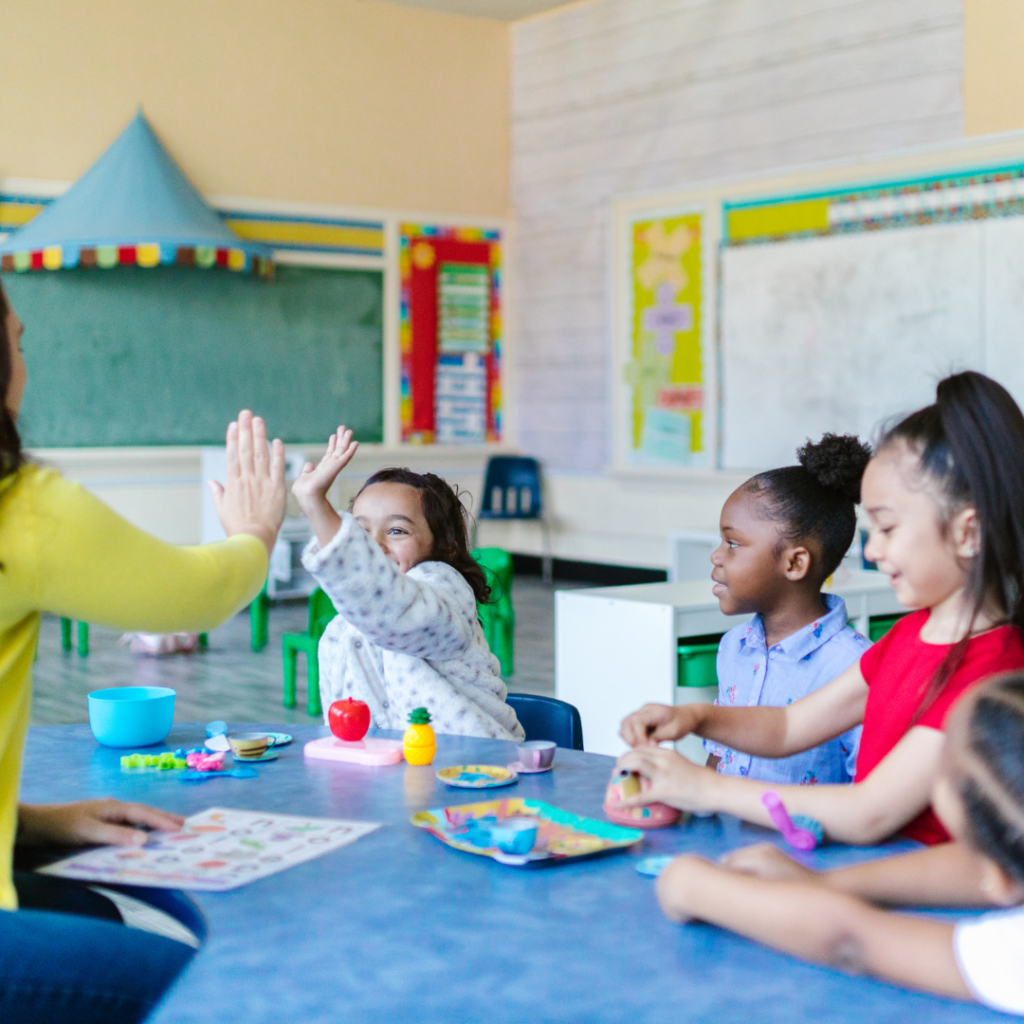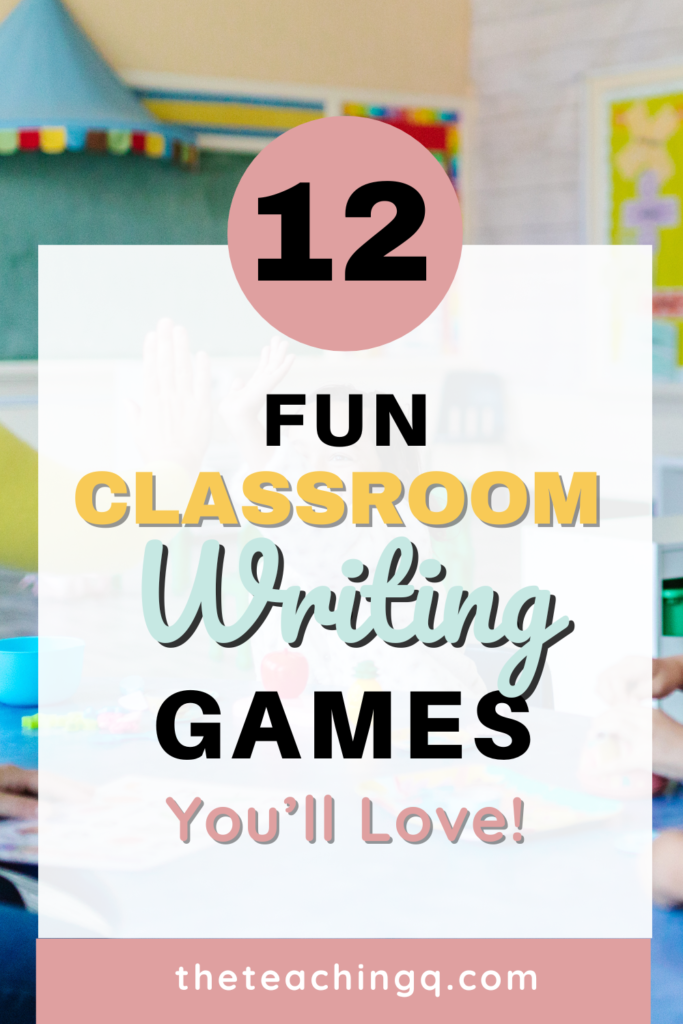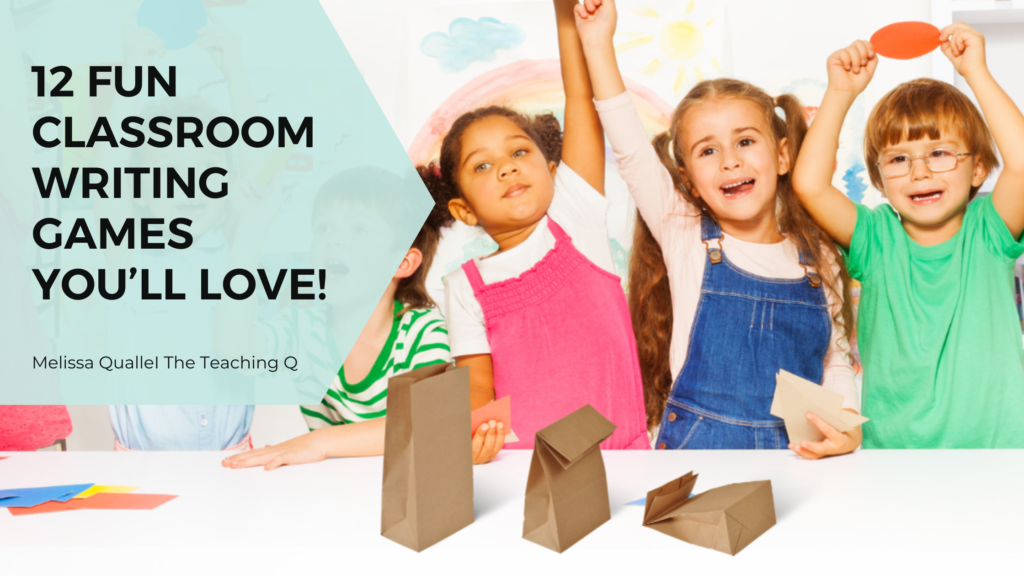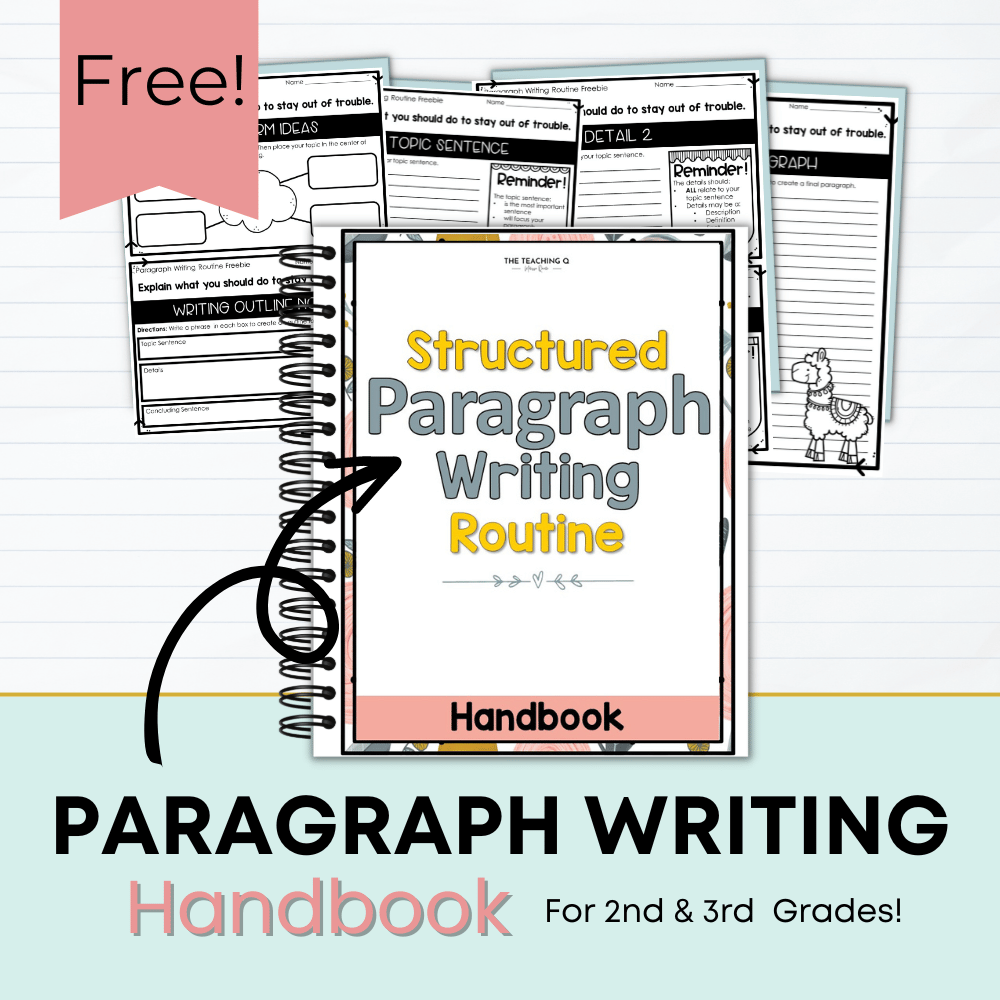Teaching writing to elementary students doesn’t have to be a chore! With a little creativity and a lot of fun, we can make writing time the best part of the day. If you’re looking for “Fun Classroom Writing Games” to add to your lesson plans, here are 12 engaging, laugh-inducing games to get your students writing up a storm! Each one is easy to set up, gets students excited about writing, and will leave them begging for more.
How can I make writing fun in the classroom?
So, how do you get students genuinely excited about writing? By letting them roll dice, throw “snowballs,” and maybe even toss a beanbag around the room—all while learning valuable writing skills. These activities focus on collaboration, creativity, and just enough friendly chaos to keep students on their toes.

Fun Classroom Writing Games You’ll Love
1. Snowball Fight Writing
This one is a blast (literally). Give each student a piece of paper and have them write a topic sentence on it. Then, it’s time for a (safe) snowball fight! After a minute, have each student pick up a “snowball” and add a detail to the sentence they find. Keep tossing and writing until everyone’s paper has a complete paragraph. Not only is it fun, but it’s also a great way to build sentences and work as a team.
Teacher Tip:
I use my Monthly Paragraph Writing Prompts as a guide for each step of the paragraph writing process. Project each step, which also includes “reminders” for each element of the paragraph. I also pick from the waiting prompts to assign a topic for writing. It’s a great must-have to make my teaching life a bit simpler.
2. Roll-a-Story
All you need is a dice (or two). Students roll to determine elements like characters, settings, and plot twists, then write a story based on the results. It’s a great way to spark creativity and help students brainstorm ideas without the stress of starting from scratch.
3. Sentence Puzzle Writing
Prepare cut-up sentence pieces (subjects, verbs, adjectives, etc.) and have students build expanded sentences from them. Each group races to create the most interesting (or funniest!) sentence they can. Then, let them read their creations aloud for a laugh!
Teacher Tip:
Use the sentence structure puzzles found in the Monthly Sentence Writing Activities Pack. You will find two puzzle activities, one for compound sentence match-up and another for using conjunctions.
It’s a simple print on colored paper and cut. And you’re all set!
4. Story Cubes Writing
Give students story cubes or picture cards with different images on them. They roll or draw a few images, then write a story that connects each one. It’s amazing to see the unexpected plots they come up with!
5. Writing Relay Game
Divide the class into teams, and have each student write a sentence before passing the story to the next teammate. Each student has to continue where the last one left off, and the end result is often as unpredictable as it is hilarious.
6. Mystery Bag Descriptions
Fill a bag with random objects (think: a toy dinosaur, a feather, or a mini slinky). Each student picks an item, writes a descriptive paragraph about it without naming it, and then reads it aloud to the class. Everyone else tries to guess what’s in the bag based on their description!
7. Story Starters Jar
Fill a jar with creative story starters like “One day, I found a magical mirror…” or “Suddenly, a strange bird landed on my shoulder.” Students pick a prompt and write their story, adding whatever creative twists they want.
8. Sentence Shuffle Writing Fun
Write sentences from a story on strips of paper and mix them up. Students work together to put them in the correct order, then rewrite the story with their own unique details. It’s a great way to show how sentence order affects meaning.
Teacher Tip:
Use your favorite read-aloud as the text. Here’s a list of my favorites (with a link to reading and writing activities) in case you need some inspiration.
- Be You!
- We Don’t Eat Our Classmates
- We Will Rock Our Classmates
- The Bad Seed
- The Good Egg
- The Cool Bean
- I Need My Monster
- Turkey Trouble
- Jamie O’Rourke and the Big Potato
- Say Something
- Somebody Loves You, Mr. Hatch
Read more about the Read-Aloud Activities in one of these blog posts.
9. Journal Jumble
Present students with several journal topics and give them free choice over the order in which they tackle them. It’s a fun way to mix things up and help students feel in control of their writing time.
Teacher Tip:
Use the Monthly Writing Journal Prompts. The first two pages have 12 writing prompts on each page. This makes for an ideal student choice board for the journal topic.
10. Class Adjective Toss
Each student picks a noun (like “puppy” or “castle”) and tosses a beanbag around the room. Whoever catches it adds an adjective, building a fun word list for future stories. It’s fast, easy, and gets students thinking about descriptions!
11. Pass-the-Picture
Display a detailed picture, like a bustling carnival or an enchanted forest. Each student writes a story about what’s happening in the scene, using their own unique angle. This is a great way to practice observation skills and narrative writing.
12. Dialogue Detective Game
Give students a passage with dialogue but no punctuation. They work together to add quotation marks, commas, and tags where they belong. Then, they can rewrite the dialogue with added details or try it out using different “voices” for each character.

How to Teach Writing with Fun Games
Teaching writing through games isn’t just fun—it’s a sneaky way to build confidence and make writing less intimidating for students. By giving students the chance to write without the pressure of perfect spelling or grammar, they start to see writing as a form of expression rather than a dreaded task.
With these fun classroom writing games, students build critical writing skills: they expand sentences, practice dialogue, improve their storytelling, and learn to collaborate and critique. The best part? They’re learning while they’re having fun, which makes the lessons stick!
So, the next time your class has writing on the schedule, try one of these games to shake things up. Just don’t be surprised if they start looking forward to writing time!
Melissa | The Teaching Q



